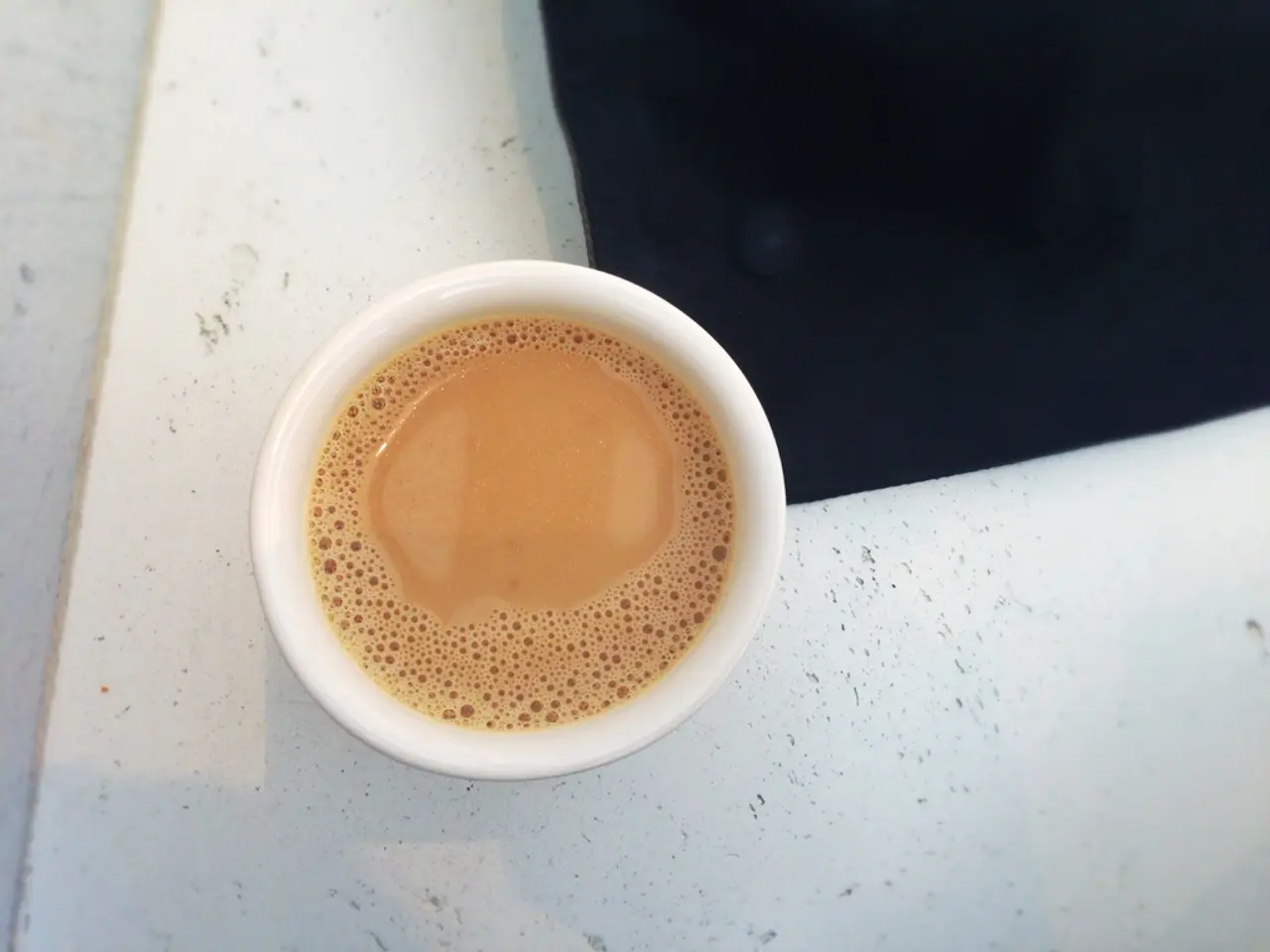Kenya and Iran agree to lift their tea export ban within a span of 60 days
In a significant development, Kenya and Iran have formed a joint committee to address trade barriers and lift Iran's ban on Kenyan tea imports within 60 days. This decision was made during the 7th Session of the Kenya–Iran Joint Commission for Cooperation (JCC) held in Nairobi, co-chaired by Kenya’s Prime Cabinet Secretary Musalia Mudavadi and Iran’s Minister of Agricultural Jihad, Dr. Gholamreza Nouri Ghezalcheh.
The formation of the committee is a response to a criminal trade malpractice by a Kenyan company called Cup of Joe Limited. This firm was found to have imported low-grade tea, blended it, and re-exported it to Iran as premium Kenyan tea. This malpractice triggered a diplomatic dispute and led to the ban on Kenyan tea exports to Iran. As a result, the Tea Board of Kenya deregistered Cup of Joe Limited, and the company is set to face prosecution.
The main task of the joint committee is to draft strict regulations and a framework that will eradicate trade obstacles, safeguard the quality and integrity of Kenyan tea, restore trust between the two countries, and ensure compliance with quality standards. The ultimate goal is to resume Kenyan tea exports to Iran before the end of the 60-day timeline, helping alleviate significant losses suffered by Kenyan tea farmers and exporters due to the ban.
The ban had a negative impact on Kenya's tea sector, one of its largest foreign exchange earners. In 2023, Kenya exported 12.4 million kilograms of tea to Iran, valued at Sh4.28 billion, a decrease from 17.8 million kilograms worth Sh5.9 billion in 2022. This decrease represents a significant drop compared to the previous year.
The joint committee's efforts are aimed at resolving the diplomatic dispute caused by the Iran ban and restoring trust between the two countries. In addition to focusing on drafting strict regulations to prevent similar incidents, the committee will also work towards increasing bilateral trade from $150 million to $1 billion. This broader goal will be achieved through cooperation agreements covering various sectors including agriculture, renewable energy, and investment.
In summary, the joint committee is a focused bilateral effort addressing specific trade barriers related to tea exports, formed in the context of wider cooperation ambitions between Kenya and Iran. The Kenyan government aims to protect the tea sector from unscrupulous traders who damage its reputation and ensure the resumption of Kenyan tea exports to Iran before the end of the 60-day period.
Read also:
- Harsh Desert Environments Support Thriving Fruit Groves: Agriculture in Severe Climates
- Threat of heart attacks on the rise due to intense heat and polluted air conditions
- Train service directly to London set to become imminent
- Review of W Premium Lounge on 5th Avenue, Exclusive to American Express Cardholders in São Paulo





